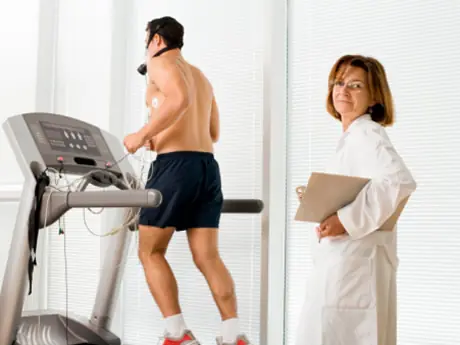The mental and hormonal symptoms of overtraining include:
- Irritability/moodiness
- Emotional instability
- Depression
- Elevated basal metabolic rate
- Lack of enthusiasm for training
- Anxiousness
- Lack of concentration
- Palpitations
- Diminished sex drive and sexual performance
- Fear of training.
All symptoms of overtraining appear to be exacerbated by external stressors such as lack of sleep, jet lag, ongoing illness, work-related stress, poor nutrition, menstruation, etc. It is important, therefore, to try to minimize external stressors as much as possible when training for a big running event.
More: 9 Race-Day Tips for First-Timers
Overtraining Recovery Strategies
The first step to avoid overtraining is to monitor yourself for the symptoms listed above, and react immediately should they appear. Start by taking three to give days of complete rest or very reduced activity, or more if you've had symptoms for a while. If you've overtrained for several weeks, plan on taking 10 to 14 days off from running. Chronic overtraining may require several weeks or months of rest.
If your overtraining is caused by excessive volume or intensity of training, reduce the frequency of your high-intensity workouts by 50 percent and reduce the length of your training runs by 50 percent until you are fully recovered. Then, re-enter your training very gradually.
More: 13 Rules for Marathon Training
Also, consider cutting back on the number of races you are running. Introduce cross-training activities to keep your workouts interesting and varied, be sure that you are getting adequate amounts of sleep, and try to cut out excessive stressors from your life. If you have muscle soreness or tightness, also consider getting regular massages until you are fully recovered.
 Sign up for your next race.
Sign up for your next race.- 2
- of
- 2
About the Author

Get ACTIVE on the Go


Couch to 5K®
The best way to get new runners off the couch and across the finish line of their first 5K.
Available for iOS | Android







Discuss This Article